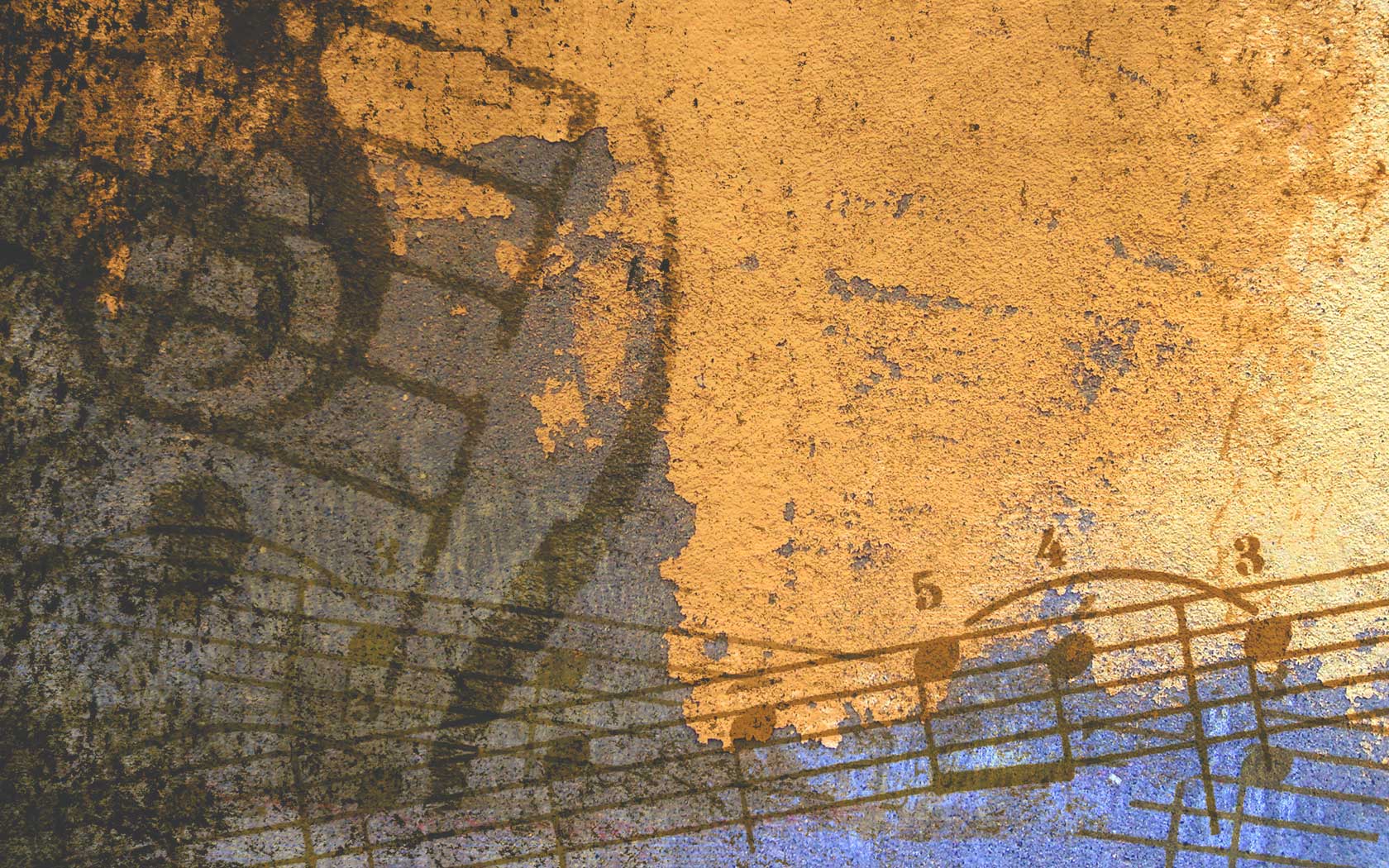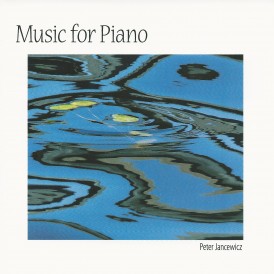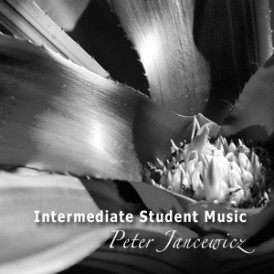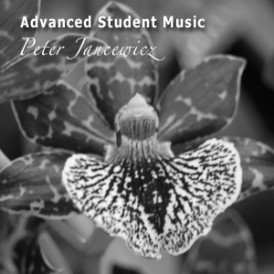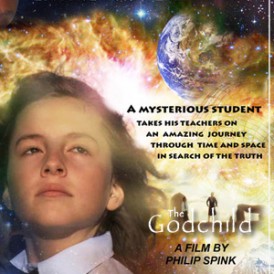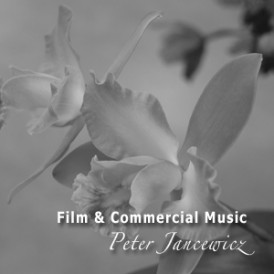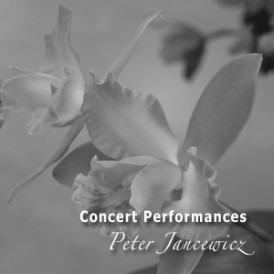 For a musician, a repetitive strain injury (RSI) is one of the most devastating calamities imaginable. Imagine being otherwise perfectly healthy, but when you sit down at your instrument to play, you experience pain, numbness, loss of motion. The activity that has so far given you so much pleasure and earned a living for you now becomes a source of pain, frustration and anxiety. Teaching becomes a nightmare when musicians with RSI watch their own students play, but can not do so themselves.
For a musician, a repetitive strain injury (RSI) is one of the most devastating calamities imaginable. Imagine being otherwise perfectly healthy, but when you sit down at your instrument to play, you experience pain, numbness, loss of motion. The activity that has so far given you so much pleasure and earned a living for you now becomes a source of pain, frustration and anxiety. Teaching becomes a nightmare when musicians with RSI watch their own students play, but can not do so themselves.
My encounter with RSI came in the 1990’s when I was finishing a doctorate in piano. The pain in my hands reached the point where I had to stop playing, cancel all my concerts and accompanying work, and seek help. At my wife’s suggestion (Susan Hlasny, also a pianist with RSI experience), I went to New York to consult with Dr. Emil Pascarelli, an expert in RSI. He gave me a detailed diagnosis which was essentially as follows: poor posture and technical flaws created excess tension in my shoulders and neck, which inhibited blood flow and nerve function to my hands, causing breakdowns in the tissue. I also met with Vera Wills, a pianist and professor of pedagogy at the Manhattan School. She analyzed my playing and gave me several suggestions.
I returned to Calgary and spent a couple of years in physiotherapy with therapist Lou Petrash (now retired from physiotherapy). While stretching and strengthening, I spent a great deal of time analyzing my own playing (using Vera’s suggestions as guides). My practice sessions at first were limited to about thirty seconds a day, playing single notes very softly, and wondering how such a simple activity could cause so much pain. Through this work, I gradually came to understand what I had been doing wrong, and also how to correct it.
A final and crucial stage of my recovery came when I took lessons in Alexander Technique with Trevor Allan Davies. Alexander Technique training teaches you how to use your body naturally by inhibiting harmful habits of tension and misalignment. It does not provide a quick and easy cure for RSI (nothing does), but teaches you to move properly thereby helping take the strain out of movement.
As a result of this experience, I am now playing again, with vastly improved technique and freedom of expression. My experience with RSI has made me a better teacher, and given me the knowledge to help many injured musicians return to pain-free, more spontaneous and musical playing. Please contact me if you think I can help.
